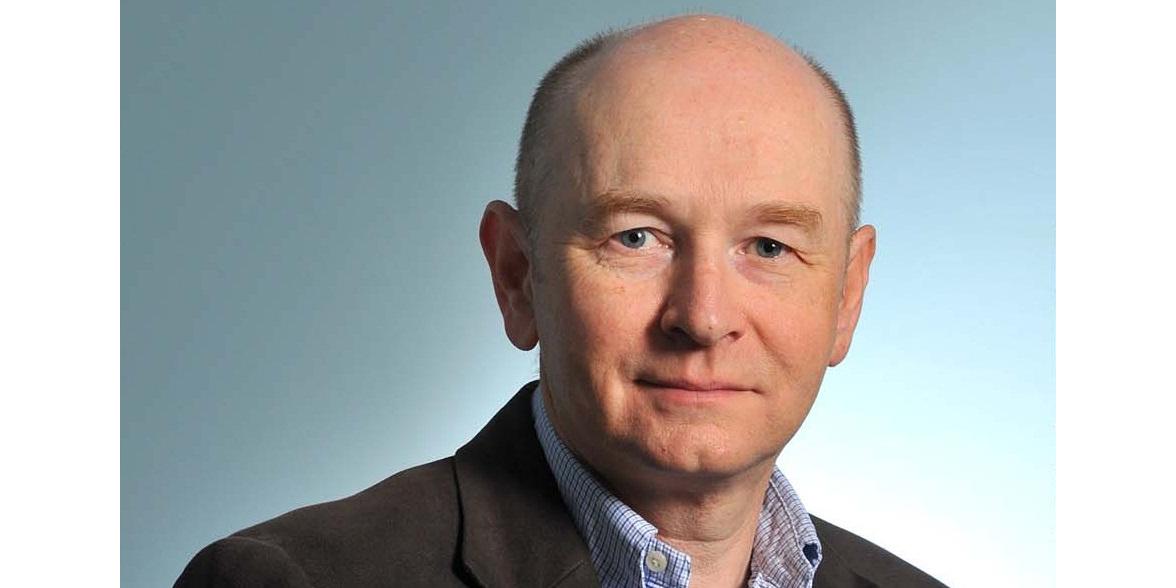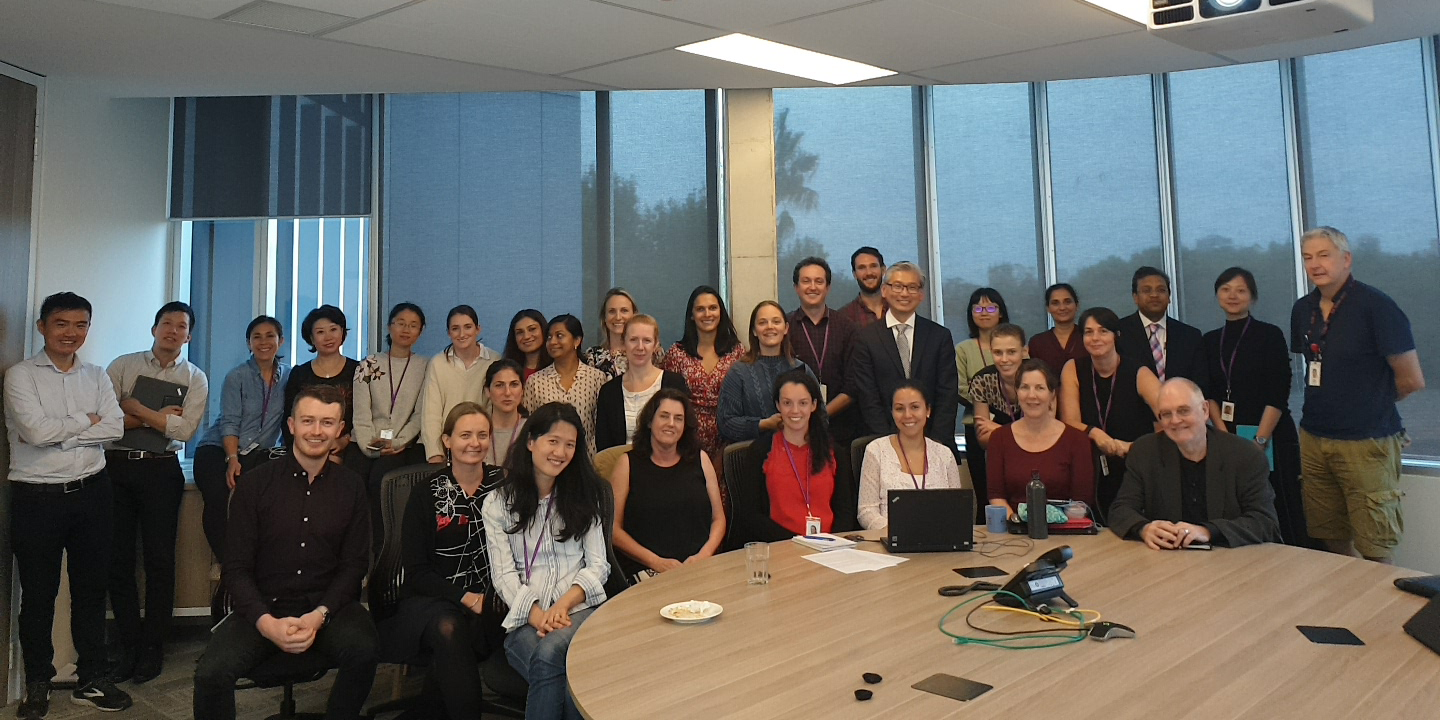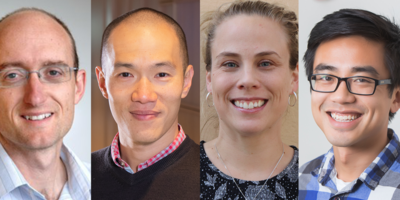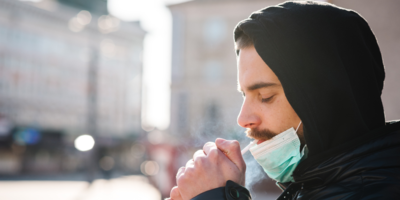Professor Simon Finfer, Professorial Fellow in the Critical Care and Trauma Division at The George Institute, has been appointed an Officer (AO) of the Order of Australia (General Division) in the Queen’s Birthday Honours list announced today.
Critical care physician Professor Finfer has been working with The George Institute for 20 years and during that time has led transformational studies in critically ill patients to reduce mortality and shed light on one of the world’s most serious silent killers – sepsis.
His work has been instrumental in demonstrating that really robust, high-quality randomised controlled trials could be done in the critical care population and lead to improved mortality.
Working with The George Institute Principal Directors, Robyn Norton and Stephen MacMahon, Simon and others designed and conducted the SAFE study, recognised as the world’s first intensive care unit (ICU) mega-trial, demonstrating clearly that robust, high-quality research could be done in ICUs and benefit critically ill patients.
The success of that trial led to numerous other guideline-changing ICU studies until Simon found himself coming full circle to focus on a condition about which he had led pioneering research many years earlier as a founding member of the Australian and New Zealand Intensive Care Society Clinical Trials Group (ANZICS CTG).
His 2003 study of the epidemiology of sepsis in Australia and New Zealand showed that this life-threatening condition was one of the major issues that needed to be tackled if ICU mortality rates were to be reduced. So began his special interest in not only reducing mortality from sepsis but also raising awareness of the condition both in our region and on the global stage.
In 2015 Professor Finfer established the Australian Sepsis Network (ASN), a national association working across jurisdictions, and with sepsis clinical champions and survivors. In early 2018, the ASN, which is hosted at The George Institute, released the ‘Stopping Sepsis National Action Plan’, which was developed in collaboration with policy, clinical, academic, research and survivor stakeholders and form the basis of national efforts to reduce the national burden of sepsis.
Also in 2015, Professor Finfer co-chaired an international meeting of sepsis experts to develop a path to reduce the global burden of sepsis. This meeting initiated a collaboration that led to the first truly global assessment of the burden of sepsis culminating in the publication of an authoritative report in The Lancet in January 2020.
In October 2018, Simon led efforts to establish the Asia Pacific Sepsis Alliance leading the Bangkok Declaration – a call to action for a regional alliance to reduce the burden of sepsis in the Asia Pacific. This followed the 2017 WHO resolution that made sepsis a global health priority. He is a member of the executive committee of the Global Sepsis Alliance, which initiated the push for the WHO resolution.
In 2019, Australian Government committed $1.5m to enable The George institute and The Australian Commission for Safety and Quality in Healthcare to address the burden of sepsis through the development of treatment guidelines for health professionals and public awareness initiatives.
















